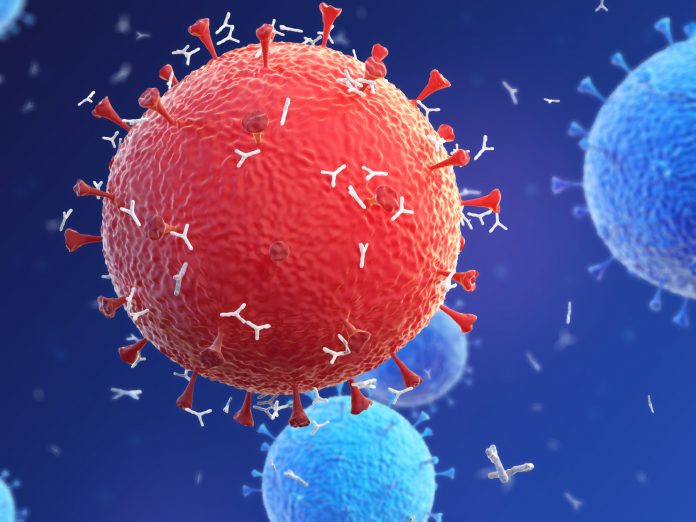
Researchers based at Icahn School of Medicine at Mount Sinai and Duke-NUS Medical School have developed a rapid test to assess a person’s level of immunity to SARS-CoV-2 infection and subsequent COVID-19.
The researchers refined a quantitative (q)PCR assay to assess levels of SARS-CoV-2-specific T cell activation from a blood test. The team hopes this PCR-based approach could help clarify how immune people are to infection and help make more evidence-based judgements about the need for revaccination and additional boosters.
“The assay we have created has the ability to measure the population’s cellular immunity and broadly test the efficacy of novel vaccines,” said one of the study’s senior authors, Ernesto Guccione, Professor of Oncological Sciences, and Pharmacological Sciences, at The Tisch Cancer Institute at Mount Sinai.
“We know that vulnerable populations don’t always mount an antibody response, so measuring T cell activation is critical to assess the full extent of a person’s immunity. Additionally, the emergence of SARS-CoV-2 variants like Omicron, which evade most of the neutralizing ability of antibodies, points to the need for assays that can measure T cells, which are more effective against emerging variants of concern.”
Tests to measure the level of antibodies generated against SARS-CoV-2 infection have been available since fairly early in the pandemic, but antibodies—a measure of humoral immunity—are only one part of the immune response to infection.
Cellular immunity, led by T cells, is also an important part of the body’s response to infection but is rarely measured because it is more technically challenging. Guccione and colleagues hope to change this and make it easier to measure T cell immunity using their test.
As reported in the journal Nature Biotechnology, the research team began by evaluating a number of different qPCR assays to measure T cell immunity with a focus on how scalable, sensitive and accurate they were.
In a second stage, the team more closely assessed two qPCR methods that seemed to have the most potential for global scalability, the qTACT and dqTACT assays.
The researchers found that qTACT is accurate and sensitive, moderately priced and requires a moderate level of skill to carry out. It is relatively time consuming, however, requiring RNA extraction and has a processing time for 200 blood samples of 24 hours.
In contrast, dqTACT is also accurate, but requires lower levels of experience to implement, as no RNA extraction and associated sample preparation is required. It is also cheaper and faster than the qTACT assay.
“Both assays rely on the quantification of CXCL10 messenger RNA, a chemokine whose expression is strongly correlated with activation of antigen-specific T cells,” explain the authors. When whole- blood cells encounter SARS-CoV-2 viral antigens, T-cells specific to the virus secrete interferon gamma, which in turn triggers white blood cells to produce CXCL10.
“Our assays may allow large-scale monitoring of the magnitude and duration of functional T cell immunity to SARS-CoV-2, thus helping to prioritize revaccination strategies in vulnerable populations,” they conclude.
The dqTACT assay already has a European CE-IVD certificate, and clinical validation by the FDA is ongoing.













